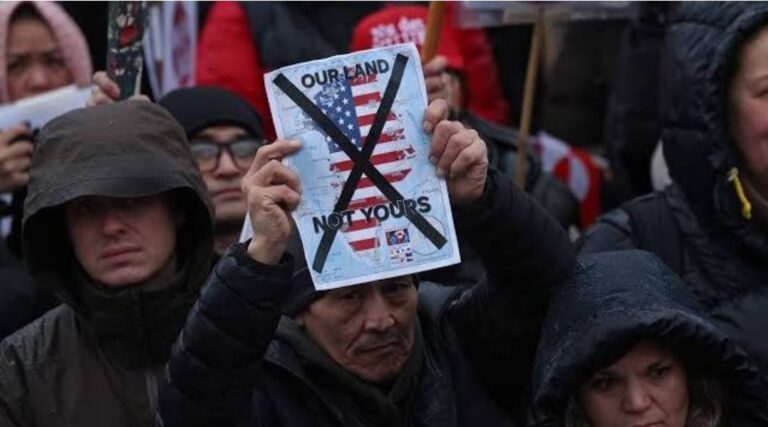
“Breaking: Afghanistan Declares Surrender, Ends the War!”
Did Afghanistan Just Surrender to End the War?

Breaking News: Afghanistan Declares Surrender, Calls for Peace
In a stunning global development, Afghanistan has reportedly surrendered and called for an immediate end to the war. This move could mark a historic turning point for a country that has faced over four decades of continuous conflict, political turmoil, and humanitarian crises. If confirmed, this surrender could signal a long-awaited step toward peace, stability, and national unity in Afghanistan.
A Nation Exhausted by Endless War
For years, Afghanistan has been at the heart of regional and international conflicts. From the Soviet invasion in 1979 to the U.S.-led war launched in 2001, the nation has endured relentless violence and instability. After the U.S. withdrawal in 2021, many hoped for peace, but internal tensions and factional violence continued to plague the country.
Now, the announcement of surrender and a call to end the war may finally offer a ray of hope. The Afghan people — tired of bombings, displacement, and loss — are eager for a future where peace replaces fear.
Why the Afghanistan Surrender Matters
The Afghanistan surrender news is not just another political headline — it’s a human story. It represents a long-overdue realization that war solves nothing. By choosing dialogue and diplomacy over destruction, Afghan leaders could set an example for other war-torn nations.
Furthermore, this surrender could redefine regional stability. For neighboring countries such as Pakistan, Iran, and China, peace in Afghanistan means safer borders, stronger trade, and new opportunities for economic collaboration. Globally, it could reshape how the world engages with post-war states.
World Reacts to Afghanistan’s Peace Call
International reactions have been mixed but largely positive. The United Nations, European Union, and regional powers have all expressed cautious optimism. Many believe that if Afghanistan remains committed to peace, international aid and investment could soon follow.
However, experts warn that peace won’t come easily. Years of mistrust, internal division, and damaged infrastructure will take time to rebuild. Still, ending the war is the crucial first step — and Afghanistan appears ready to take it.
The Challenges After Surrender
Ending the war is one milestone; building lasting peace is another. Afghanistan continues to face severe challenges, including poverty, unemployment, and corruption. Millions remain displaced, while women and minorities continue to fight for equal rights.
To ensure the success of this peace effort, Afghan leaders must focus on education, job creation, and healthcare. The country’s youth — nearly 60% of the population — are its greatest asset. If given proper opportunities, they could transform Afghanistan from a conflict zone into a hub of innovation and growth.
Moreover, the government will need to maintain security and prevent extremist groups from exploiting the fragile peace. Without strong governance and accountability, peace could quickly unravel.
A New Era for Afghanistan?
The world has watched Afghanistan’s suffering for far too long. Now, this potential end to the war could usher in a new era of peace and progress. The natural beauty, rich culture, and strategic location of the country could finally become tools for prosperity rather than reasons for conflict.
If international allies provide the right support — from humanitarian aid to development projects — Afghanistan could rebuild its economy and restore hope among its citizens. This surrender, if genuine, could turn tragedy into transformation.
What Comes Next
The coming months will be critical. Will this surrender lead to real negotiations? Will the peace hold? Only time will tell. However, one thing is certain: the Afghan people deserve peace, and the world must stand with them.
After decades of war, destruction, and despair, Afghanistan’s call for peace could finally be the beginning of a brighter future. The story of Afghanistan might at last shift from violence to victory — a victory of peace over war.





